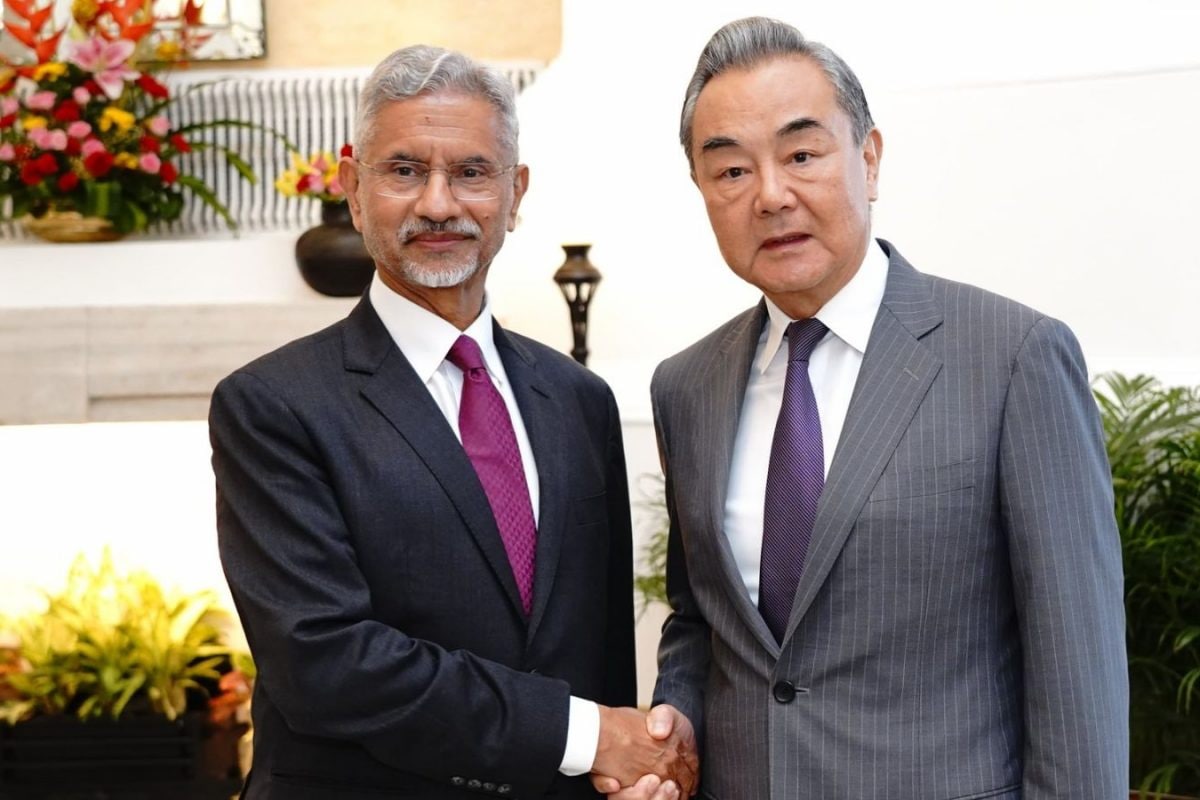

China has reportedly lifted export restrictions on fertilizers, rare earth magnets/minerals, and tunnel boring machines (TBMs) to India. This decision addresses key concerns raised by India's External Affairs Minister S. Jaishankar during his meetings with Chinese Foreign Minister Wang Yi last month. Sources indicate that shipments have already resumed.
Impact on Fertilizers
China's move to ease restrictions on urea shipments to India signals a potential thaw in relations between the two nations. India, a major importer of urea, could receive up to 300,000 tons, which may help stabilize urea prices and ensure a consistent supply for Indian farmers. This development is particularly significant because India relies heavily on imports to meet its fertilizer needs, given that domestic production falls short of demand. In the fiscal year ending March 31, India imported approximately 5.7 million tons of urea, a decrease of almost 20% from the previous year. Purchases from China specifically fell to nearly 100,000 tons in 2024-25, compared to 1.87 million tons a year prior. The availability of urea is critical in India, as it is heavily subsidized and plays a vital role in boosting crop yields.
However, in June 2025, reports emerged that China had halted shipments of specialty fertilizers to India for the past two months, raising concerns for the agriculture sector. These specialty fertilizers, essential for fruit, vegetable, and high-value crop production, saw approximately 80% of India's needs being met through imports from China.
Rare Earth Elements
China's control over the rare earth element (REE) supply chain has been a concern for India, especially considering that India imports over 70% of its rare earth minerals, with the majority coming from China. These elements are vital for various industries, including electric vehicles, smartphones, and defense production. Amidst these concerns, India has been exploring alternative sources and building self-reliance. India possesses the third-largest rare earth reserves globally, estimated at 12.7 million tonnes, but it lags in production and refining capabilities. China mines nearly 70% of the world's rare earths and controls about 90% of refining capacity.
Tunnel Boring Machines
Reports from earlier in the year indicated that China was restricting the export of tunnel boring machines to India, even after discussions on troop disengagement. Data from India's Ministry of Commerce suggests that India's dependence on China for self-propelled TBMs is limited. However, for standard TBMs, India's dependence on China was nearly 100% in 2019.
Geopolitical Implications
This easing of export restrictions is viewed as a sign of improving diplomatic relations between China and India. It follows India's recent allowance of tourist visas for Chinese nationals after years of restrictions. Furthermore, Prime Minister Narendra Modi and Chinese President Xi Jinping may meet on the sidelines of a summit in Tianjin. These developments suggest a thaw in relations after border clashes in 2020.